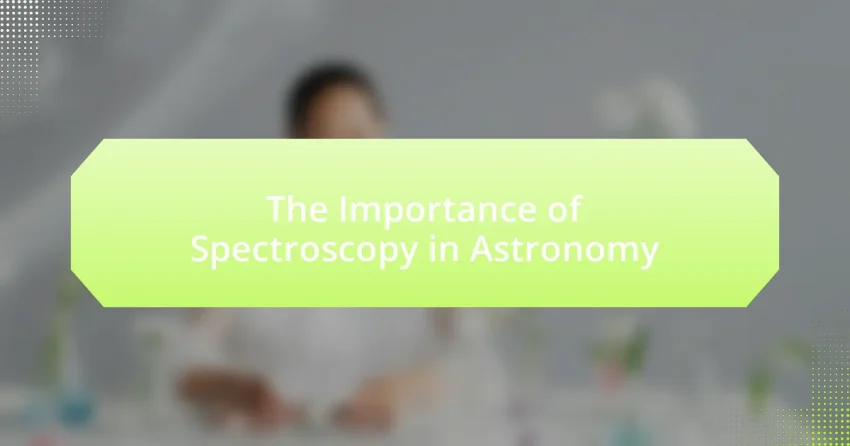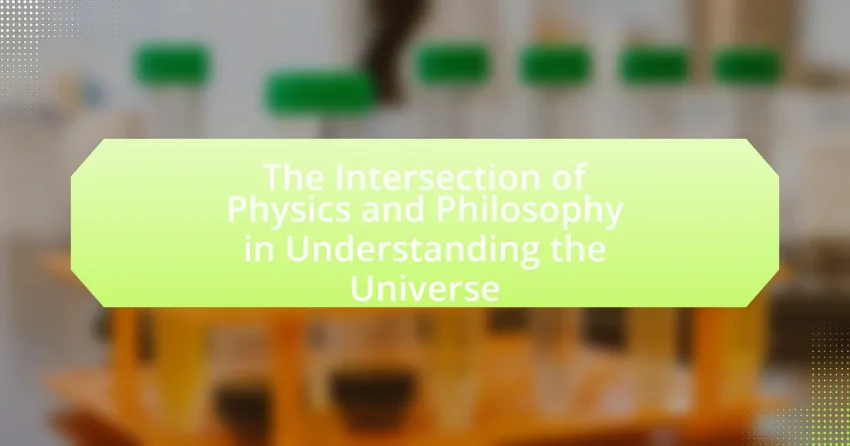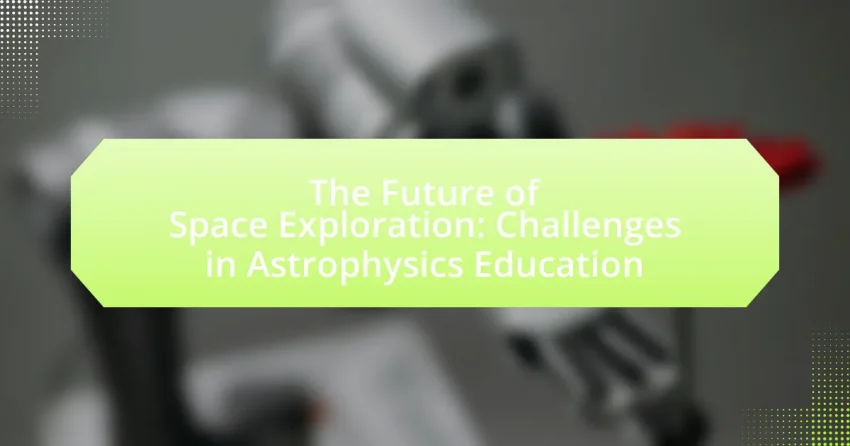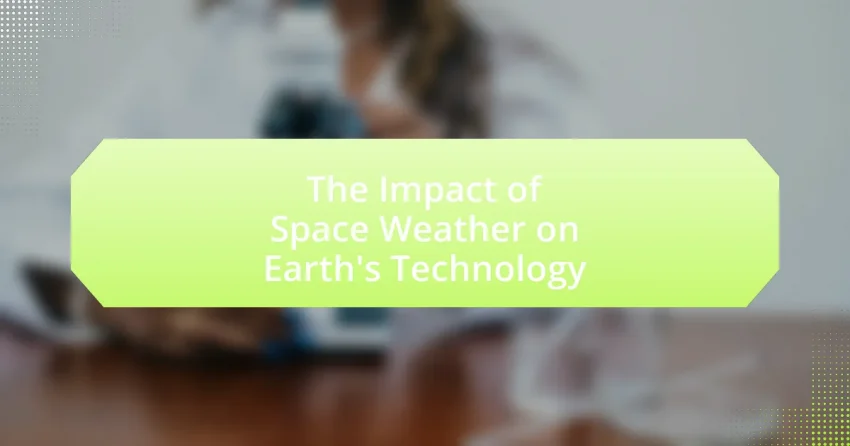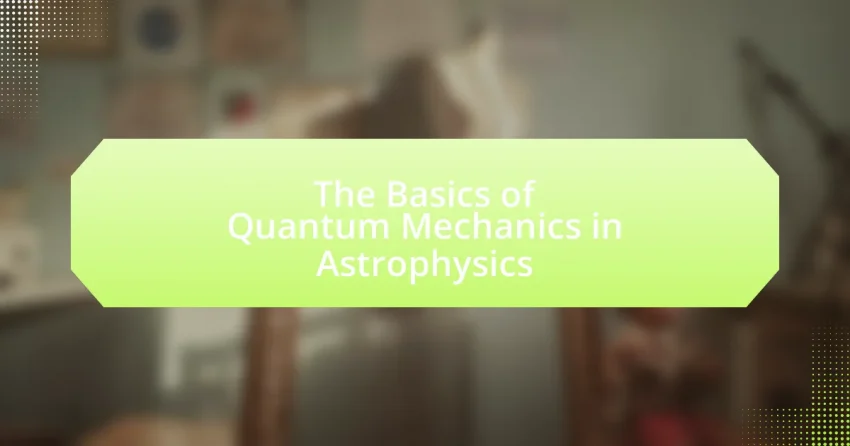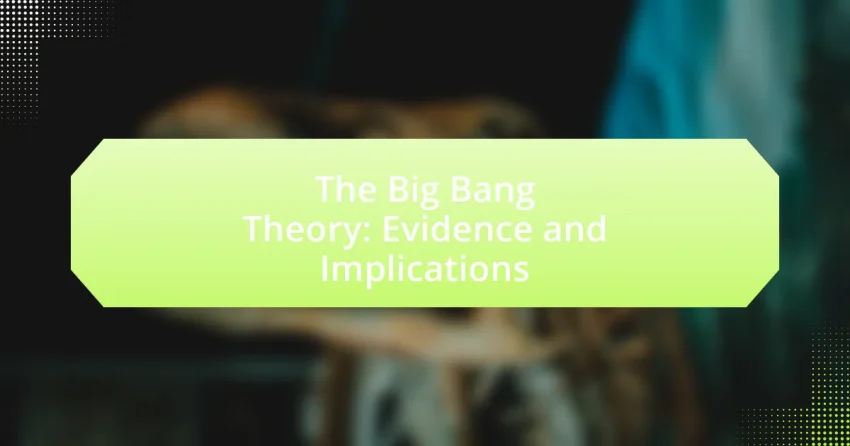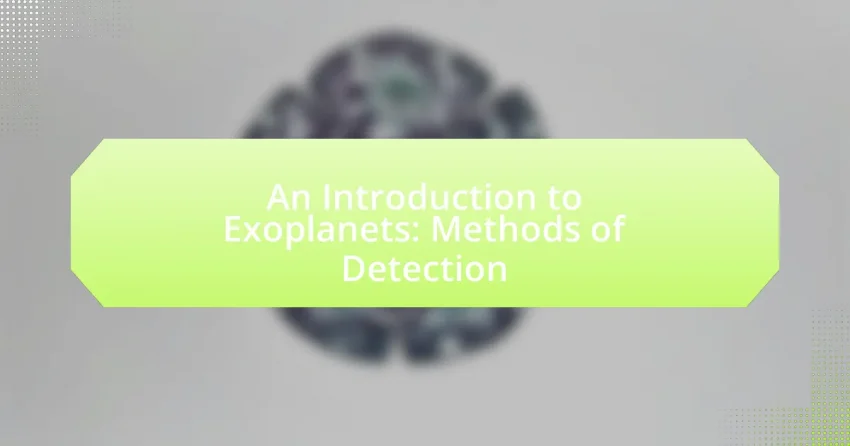Spectroscopy is a critical technique in astronomy that studies the interaction between light and matter, enabling the analysis of celestial objects’ composition, temperature, density, and motion. This article explores the fundamental principles of spectroscopy, including absorption and emission spectra, and their applications in identifying chemical elements in stars and galaxies. It also discusses the various…
Astrophysics Fundamentals
Welcome to the ‘Astrophysics Fundamentals’ category! Here, you will uncover the essential concepts of this fascinating field. Dive into articles that explain the basics of stars, galaxies, and the universe itself. You’ll learn about gravity, light, and how these forces shape our cosmos. Each article breaks down complex ideas into simple terms, perfect for beginners eager to explore.
Explore topics ranging from black holes to dark matter. Understand the life cycle of stars and the expansion of the universe. Our curated content will guide you through foundational theories and recent discoveries. With engaging explanations and illustrations, you’ll connect with the wonders of astrophysics. Embark on your journey through the stars today!
The Intersection of Physics and Philosophy in Understanding the Universe
The article explores the intersection of physics and philosophy in understanding the universe, highlighting how both disciplines address fundamental questions about existence, reality, and the nature of the cosmos. It examines the complementary roles of physics, which provides empirical data and theories, and philosophy, which critically analyzes the implications of these theories. Key topics include…
The Influence of Dark Energy on Cosmic Expansion
Dark energy is a mysterious form of energy that constitutes approximately 68% of the universe and plays a crucial role in driving its accelerated expansion. This article explores the influence of dark energy on cosmic expansion, detailing how it exerts a negative pressure that counteracts gravitational forces, leading to an increasing rate of expansion observed…
The Future of Space Exploration: Challenges in Astrophysics Education
The article focuses on the future of space exploration and the challenges faced in astrophysics education. It highlights key aspects such as technological advancements, international collaboration, and sustainable practices that are shaping space missions. The discussion includes the role of robotics and AI, advancements in propulsion systems, and the importance of partnerships among countries and…
The Impact of Space Weather on Earth’s Technology
The article examines the significant impact of space weather on Earth’s technology, focusing on how solar flares, coronal mass ejections, and geomagnetic storms disrupt satellite operations, communication systems, and power grids. It highlights historical events, such as the 1989 geomagnetic storm that caused a major blackout in Quebec, illustrating the vulnerabilities of modern infrastructure. The…
How Telescopes Have Revolutionized Our Understanding of Space
Telescopes have revolutionized our understanding of space by enabling detailed observations of celestial objects beyond the capabilities of the naked eye. The article explores the historical development of telescopes, starting from Galileo’s refracting telescope to modern advancements like the Hubble Space Telescope and upcoming technologies such as the James Webb Space Telescope. Key topics include…
The Formation of Galaxies: From Dust to Structure
The formation of galaxies is a complex process involving the gravitational collapse of gas clouds, leading to the creation of stars and structured astronomical entities. This article explores the stages of galaxy formation, including the role of cosmic dust, gravity, and molecular clouds, as well as the different types of galaxies such as spiral, elliptical,…
The Basics of Quantum Mechanics in Astrophysics
Quantum mechanics in astrophysics is a critical field that applies the principles of quantum mechanics to understand cosmic phenomena at atomic and subatomic levels. This article explores the relationship between quantum mechanics and astrophysics, detailing fundamental concepts such as wave-particle duality, quantum entanglement, and the uncertainty principle, and their implications for stellar formation, black holes,…
The Big Bang Theory: Evidence and Implications
The Big Bang Theory is the predominant scientific explanation for the origin of the universe, positing that it began approximately 13.8 billion years ago from a hot, dense singularity. Key evidence supporting this theory includes the observed redshift of distant galaxies, indicating an expanding universe, and the cosmic microwave background radiation, which serves as a…
An Introduction to Exoplanets: Methods of Detection
Exoplanets are planets located outside our solar system, orbiting stars other than the Sun. This article provides a comprehensive overview of exoplanets, including their definitions, characteristics, and the various methods used for their detection, such as the transit method and radial velocity method. It also explores the significance of studying exoplanets for understanding planetary systems…
